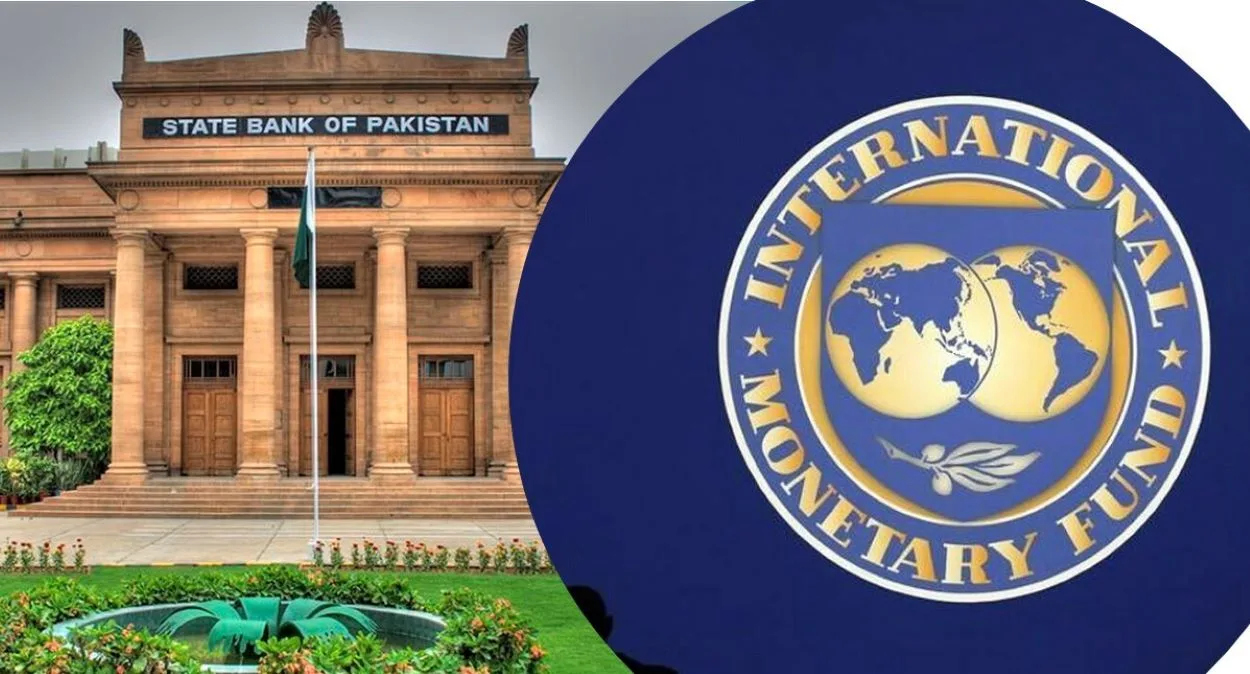The International Monetary Fund (IMF) has recently expressed strong disapproval towards the State Bank of Pakistan’s (SBP) monetary policy, accusing it of failing to respond appropriately to rising inflationary pressures since 2020.
According to an IMF report, the bank’s monetary policy “fell behind the curve, ” leading to inflation reaching a five-decade high, resulting in ungrounded inflation expectations.
This criticism follows the approval of the IMF’s $3 billion Standby Arrangement Programme for Pakistan. The IMF pinpointed several delays in the policy rate tightening cycle and a significant expansion in the SBP’s open market operations (OMOs), which led to loose monetary policy conditions during escalating inflation. As a result, inflation expectations have become unanchored, with a significant majority (over 90%) of consumers in a recent SBP survey expecting price hikes in the upcoming six months.
The IMF’s Recommendations and Expectations
The IMF suggests a more proactive and data-driven approach to monetary policy. It applauded the recent policy rate increase but stressed the need to continue the tightening cycle to bring down inflation and aid external rebalancing.
The IMF predicts that the forward-looking real policy rate will enter positive territory soon, necessary for meeting the SBP’s medium-term inflation target. It also encourages phasing out refinancing schemes to improve monetary policy traction and increase transparency.
The IMF stressed the importance of the SBP’s independence and the necessity of a tighter monetary policy to reduce inflation, re-anchor expectations, and assist in rebalancing the external sector through the exchange rate.
The IMF report concluded that although the SBP’s recent policy rate adjustments are promising, inflationary pressures will likely continue for the next year due to the impact of exchange rate corrections. Therefore, the SBP needs to continue its tightening cycle to re-anchor expectations.
The IMF expects base effects from the past year’s increase in fuel and electricity prices and lessened contributions from food items to reduce headline inflation from June onwards. However, due to prolonged monetary tightening, the IMF predicts average headline inflation to stay above 25% in FY24.






